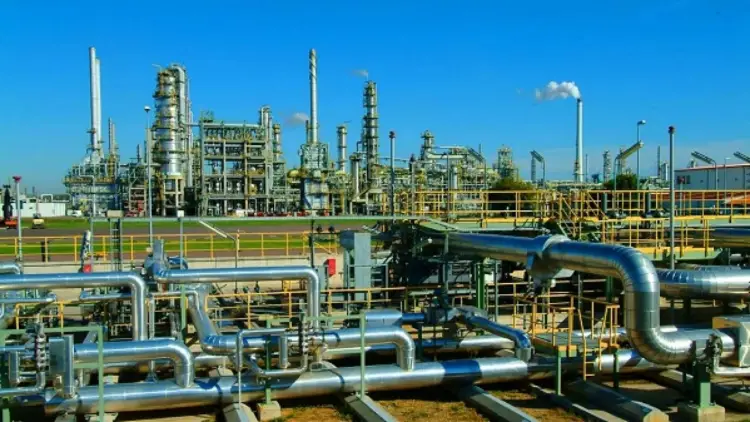The federal government of Nigeria is actively pursuing a refinery rehabilitation deal with Saudi Arabia, aiming to revive the country’s four idle oil refineries. The refineries, located in Rivers, Delta, and Kaduna states, have been non-operational for years, compelling Nigeria to import all its fuel despite being a major oil producer.
If successful, the rehabilitation could enable Nigeria to process approximately 450,000 barrels of crude oil daily, significantly reducing its dependence on fuel imports. The recent agreements between Nigeria and Saudi Arabia were forged during the Saudi-Africa summit in Riyadh. President Bola Tinubu’s meeting with Saudi Crown Prince Mohammed Bin Salman aimed at attracting investments to reverse Nigeria’s economic decline.
Proposed Dates For Finalizing Details Of Nigeria’s Refinery Rehabilitation Deal With Saudi Arabia.
The government plans to finalize the details of the agreement within six months, but skepticism looms among industry analysts. Emmanuel Afimia, founder of Enermics, a Lagos-based oil and gas consulting firm, questions the feasibility of the deal, expressing doubts about its success despite acknowledging the administration’s political will.
Also read Rehabilitation of the 110,000 barrel per day (bpd) Kaduna Refinery in Nigeria.
In addition to refinery rehabilitation, Saudi Arabia pledged to deposit substantial foreign exchange to bolster Nigeria’s dwindling reserves, impacted by the government’s decision to float the national currency in June. Faith Nwadishi, Executive Director of the Center for Transparency Advocacy, welcomes the Saudi deal, emphasizing its potential to enhance local oil production and address subsidy conflicts.
The refineries have a combined capacity of around 4.45 million barrels per day but have been non-operational for several years. The Port Harcourt refinery is undergoing a $1.5 billion upgrade. Heineken Lokpobiri, the newly appointed minister of state for petroleum, expressed confidence in restarting the refineries. He stated that Port Harcourt would resume operations by the end of the year. The Warri and Kaduna facilities are expected to follow suit between the first quarter and the end of 2024. The objective is to reduce and eventually eliminate Nigeria’s dependence on fuel imports. Additionally, it will be leveraging the country’s status as one of the continent’s oil-producing nations.
However, concerns linger regarding the transparency of the agreement’s terms. Nwadishi urges the government to subject the deal to public scrutiny. He insisted on questioning whether it involves ceding refinery management to Saudi Arabia or seeking technical assistance. The success of Nigeria’s bold economic reforms, including the elimination of fuel subsidies, hinges on careful examination and clear communication of the terms of the Saudi agreement.

